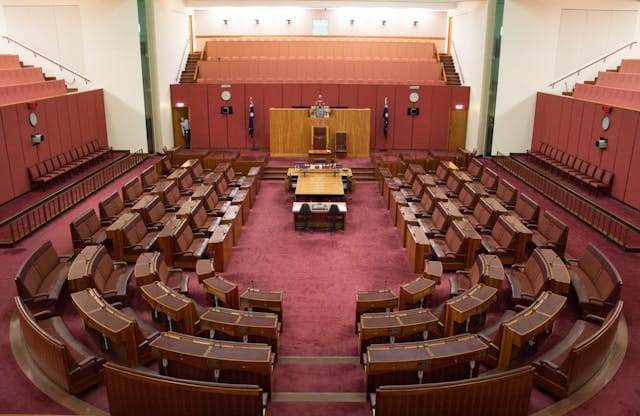Tribunal suspends solicitor Zahid Akhtar for 12 months over unregulated immigration work
Solicitor Zahid Akhtar has been suspended from practising for 12 months after the Solicitors Disciplinary Tribunal (SDT) found he had carried out immigration work while unauthorised to do so. The suspension, which will run from 22 January 2025, follows a breach of the Solicitors Regulation Authority (SRA) Principles 2019 and the SRA Authorisation of Individuals Regulations 2019.
Akhtar, admitted to the Roll of Solicitors on 15 September 2014, first appeared on SRA records as a freelance solicitor operating under the name “Zahid Akhtar” from 25 November 2019. On 9 February 2023, the First Tier Immigration and Asylum Chamber notified the SRA that Akhtar was trading from an unregulated entity. The regulator launched an investigation, alleging that Akhtar had undertaken immigration work while neither a recognised sole practitioner nor a manager, employee, or member of an authorised body. This conduct formed the basis of Allegation 1.1.
The SRA also alleged that Akhtar had dishonestly provided inaccurate or misleading information about his immigration work, forming Allegation 1.2. The Tribunal considered both allegations, finding Allegation 1.1 proved in full. However, it did not accept that Akhtar had acted dishonestly, and consequently found Allegation 1.2 not proved.
Embed from Getty ImagesIn deciding on a sanction, the Tribunal noted the seriousness of carrying out regulated legal work without the necessary authorisation, particularly in the sensitive and high‑risk area of immigration law. The breach was found to undermine public confidence in the profession and to disregard the regulatory safeguards designed to protect clients. The finding of misconduct was compounded by the fact that the breach continued until identified by an external body, rather than being reported or rectified by the solicitor himself.
The Tribunal ordered a fixed‑period suspension of 12 months and imposed a Restriction Order, meaning that conditions will apply if Akhtar seeks to return to practice after the suspension ends. The order ensures that any future return to the profession will be subject to strict regulatory oversight.
While Akhtar avoided a finding of dishonesty, which would likely have led to a more severe sanction such as strike‑off, the Tribunal emphasised that the proven breach was a significant departure from the standards expected of solicitors. The decision reflects the regulatory priority placed on compliance with the authorisation framework, ensuring that legal services are delivered only by those properly entitled to do so.
The suspension will take effect in January 2025, marking a full year during which Akhtar will be prohibited from practising as a solicitor. The Restriction Order will continue to apply beyond that date should he choose to re‑enter the profession, limiting the capacity in which he can work and requiring oversight to ensure compliance.
The case highlights the risks solicitors face if they practise outside the scope of their authorisation and the consequences for failing to meet the profession’s regulatory obligations. The Tribunal’s decision serves as a warning that breaches of the authorisation regime will attract serious sanctions, even in the absence of dishonesty, particularly where the work involves vulnerable clients and high‑risk legal areas.
